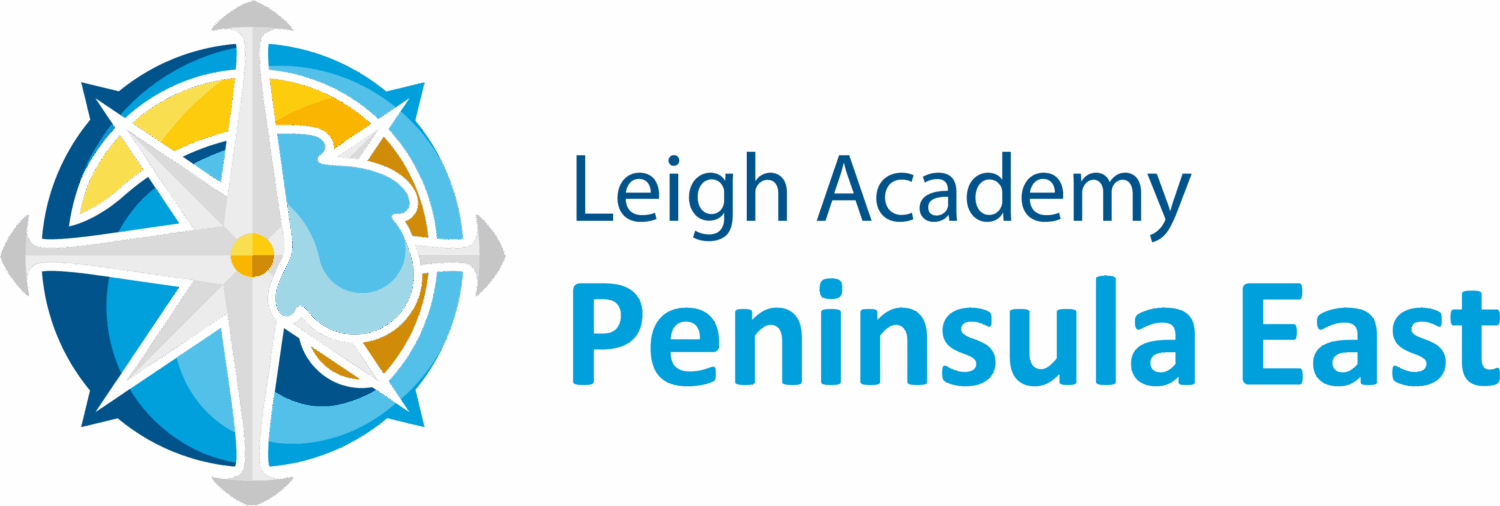Our class is proudly named after Nelson Mandela, a truly brave and inspirational man who taught the world so much about courage, kindness, and equality. This year, we will learn from his incredible example, showing respect and friendship to our classmates and teachers in all our activities. Whether we are tackling tricky maths challenges, reading amazing new books, or creating fantastic art projects, we will always try our very best. We are a team, and together we will make our classroom a wonderful and fair place, just like Nelson Mandela wished for the world.
Our transdisciplinary themes for this year:
As part of the IB PYP, we have the six transdisciplinary themes that help us to develop a programme of inquiry into these important concepts. Each term, we focus on one of these themes, this term is ‘how we organise ourselves’. This transdisciplinary theme is explained using the following descriptor: inquiry into the nature of the self, beliefs and values; personal, physical, mental, social and spiritual health; human relationships including families, friends, communities and cultures; rights and responsibilities; what it means to be human. To ensure coverage, each year group is allocated part of the descriptor to focus on in more detail. By doing so, we can confidently ensure that each child will have explored these ideas – through age-appropriate and relevant inquiries – by the time they leave us in Year 6.
Below are the six transdisciplinary themes that we will cover throughout the year:
- Who we are
- Where we are in place and time
- How we express ourselves
- How the world works
- How we organise ourselves
- Sharing the planet
Homework
Homework will be sent home every Friday and is due back the following Thursday in order to consolidate their core knowledge and skills. This will consist of:
- Reading Comprehension
- Maths Arithmetic task
- TTRS
- Spelling Shed
- Reading 3 x per week
Reading
Children are encouraged to independently change their own books so that they regularly have access to an engaging text. They read with an adult as often as possible to ensure that the book band that they read from is appropriate and supports their progress and reading skills. We ask that when children read, it is recorded in their reading record.
PE
Children will have PE on a Monday and Friday where they will be required to come into school in their full PE kit to wear throughout the day.
Knowledge Organisers
who we are
Central Idea:
Early humans may have experienced life differently
Line of Inquiry 1:
Clues about the past (form)
Line of Inquiry 2:
Structure and organisation of communities (function)
Line of Inquiry 3:
Use of land over time (change)
Core text and writing outcomes:
Hidden Figures
- Diary
- Instructions
- Non-Chronological Report
Maths:
- Place value
- Addition
- Subtraction
Science:
- Rocks
History (Social Sciences):
- The Stone Age
Geography (Social Sciences):
- Geographical features of the UK
Spanish:
- About me
Computing:
- Computing systems and networks
RE:
- Hinduism
PE:
- Dodgeball
Art (Arts):
- Cave paintings
Music:
- I’ve been to Harlem
PSHE:
- Keeping Safe
Sharing the planet
Central Idea:
Humans acting may impact the environment and living things.
Line of Inquiry 1:
Plants and how they grow (function)
Line of Inquiry 2:
How to support the environment (Responsibility)
Line of Inquiry 3:
Sustainable use of resources (Causation)
Core text and writing outcomes:
- The Great Kapok Tree
- There’s a rang-tan in my bedroom
- Charlie and the Chocolate Factory
Maths
- Addition and Subtraction
- Multiplication and Division
PSHE:
- Safe Relationships
History:
- Bronze Age
Spanish
- Hobbies & Pets
Science:
- Plants
Computing:
- Creating Media
RE:
- What do different people believe about God?
PE:
- Cannon & Unison
- Basketball
Art (Arts):
- Chocolate Wrappers & Carving and Printing
Geography:
- Rainforest
- Cocoa production
How the world works
Central Idea:
Scientific discoveries may create changes than impact people and the world
Line of Inquiry 1:
New ideas lead to scientific innovations (Farm)
Line of Inquiry 2:
Innovators are influenced by the world around them Perspective)
Line of Inquiry 3:
Inventions create positive and negative changes to our world (Change)
Core text and writing outcomes:
- Hello Lighthouse!
- The Matilda Effect
Maths
- Length and Perimeter
- Multiplication and Division
- Fractions
PSHE:
- Understanding the Law
History (Social Sciences):
- Thomas Edison
Spanish
- Where I Live
Science (Social Sciences):
- Invention of Light
Computing:
- Programming – Scratch
RE:
- Why is the Bible important for Christians today?
PE:
- Dance & Tag Rugby
Art (Arts):
- Lightbulb and Lighthouse Sketches
Geography:
- Lines of Latitude and Longitude



